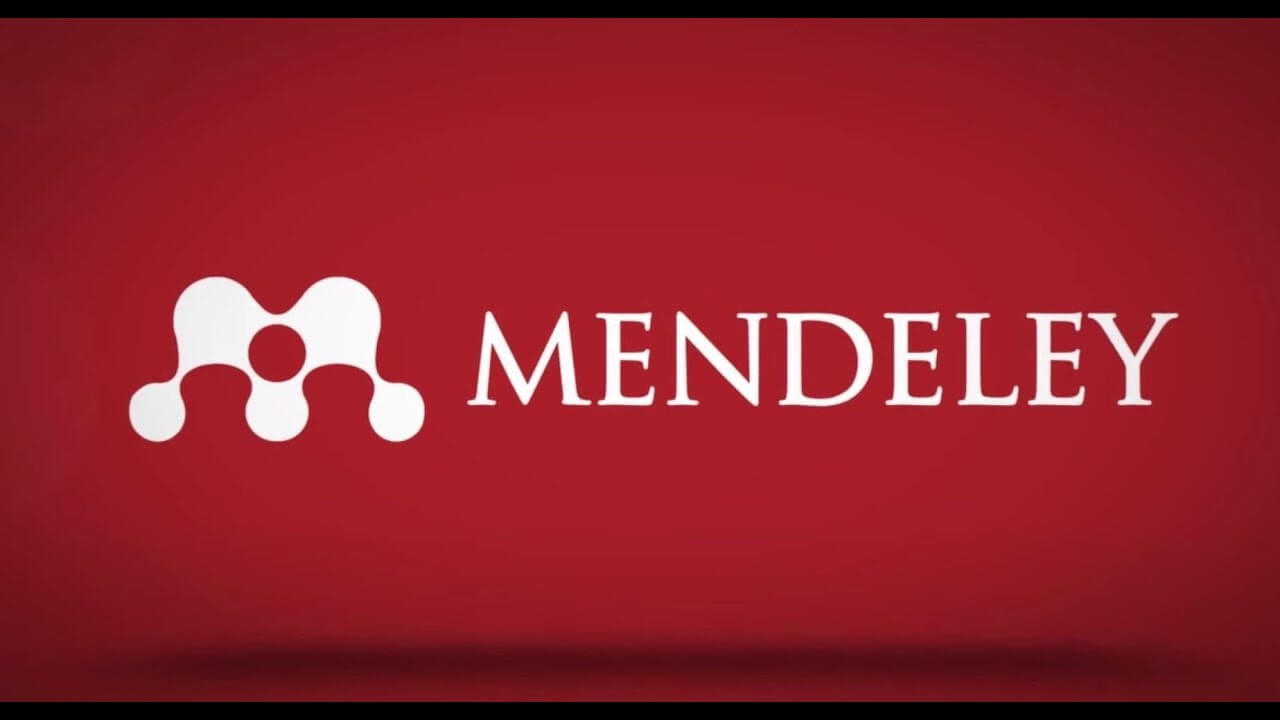Improving Learning Outcomes Of Islamic Religious Education In Civil Decisions Material Implementing Prophets And Apostles Through Cooperative Learning Types Of Investigation Groups For Class V Students UPTD Negara 06 Koto Primary School, Guguak District
Abstract
The problem of this research begins with the condition of the Islamic Religious Education and Character Education learning process in class V UPTD SD Negeri 06 Guguak VIII Koto, Guguak District, Limapuluh Kota Regency, which is conventional and monotonous, and student learning outcomes have not yet reached completeness according to the Minimum Completeness Criteria (KKM)—namely 70. To improve the conditions of the learning process and student learning outcomes, Group Investigation (GI) type cooperative learning is carried out through Classroom Action Research design. The research subjects were 11 students of class V UPTD SD Negeri 06 Guguak VIII Koto, Guguak District, Limapuluh Kota Regency. The research was carried out in the even semester of the 2022/2023 academic year from February to March 2023. The research procedure was carried out in 3 cycles, each going through stages: planning, implementation, observation, and reflection. Sources of research data come from students, teachers, and colleagues. Data collection techniques include tests, observations, interviews, and discussions. Research data was analyzed quantitatively and qualitatively. The results of the research show that the Group Investigation (GI) type of cooperative learning that is implemented significantly improves student learning outcomes, starting from pre-cycle activities with a completion percentage of (36.36%), cycle 1 with a completion percentage of (54.55%), cycle two the percentage of completeness was (63.64%), and cycle three the percentage of completeness was (90.91%).
References
Aqib, Zainal. (2006). Penelitian Tindakan Kelas bagi Pengembangan Profesi Guru. Bandung: Yrama Widya
Arikunto, Suharsimi, dkk. (2007). Penelitian Tindakan Kelas. Cet.3. Jakarta: Bumi Aksara
Aunurrahman. (2011). Belajar dan Pembelajaran. Bandung: Alfabeta
Fahyuni, Eni Fariyatu & Nurdyansyah. (2019). Inovasi Pembelajaran PAI SD/SMP/SMA (Teori dan Praktik). Sidoarjo: Nizamia Learning Center
Huda, Miftahul. (2011). Cooperative Learning Metode, Teknik, Struktur dan Metode Penerapan. Cet-1. Yogyakarta: Pustaka Pelajar
Isjoni. (2011). Cooperative Learning: Mengembangkan Kemampuan Belajar Berkelompok. Cet.5. Bandung: Alfabeta
Kunandar. (2011). Langkah Muda Penelitian Tindakan Kelas Sebagai Pengembangan Profesi Guru. Jakarta: Rajawali Pers
Mendiknas RI. (2005). Undang-Undang Nomor 14 Tahun 2005 tentang Guru dan Dosen. Jakarta: Sinar Grafika
______. (2005). Undang-Undang Nomor 20 Tahun 2003 tentang Sistem Pendidikan Nasional. Jakarta: Sinar Grafika
Rusman. (2011). Model-Model Pembelajaran: Mengembangkan Profesionalisme Guru Ed.1 Cet45. Jakarta: Rajawali Pers
______. (2014). Model-Model Pembelajaran: Mengembangkan Profesionalisme Guru Ed.2 Cet.5. Jakarta: Rajawali Pers
Slavin, Robert E. (2011). Cooperative Learning: Teori, Riset dan Praktik. Cet.15. Terjemahan Narulita Yusron. Bandung: Nusa Media
Suprijono, Agus. (2012). Cooperative Learning: Teori dan Aplikasi PAIKEM. Cet.8. Yogyakarta: Pustaka Pelajar
Tanjung, Bahdin Nur & Ardial. (2005). Pedoman Penulisan Karya Ilmiah (Proposlal, Skripsi, dan Tesis dan Mempersiapkan Diri Menjadi Penulis Artikel Ilmiah). Jakarta: Prenada Media Group
Copyright (c) 2023 IJGIE (International Journal of Graduate of Islamic Education)

This work is licensed under a Creative Commons Attribution-ShareAlike 4.0 International License.


















